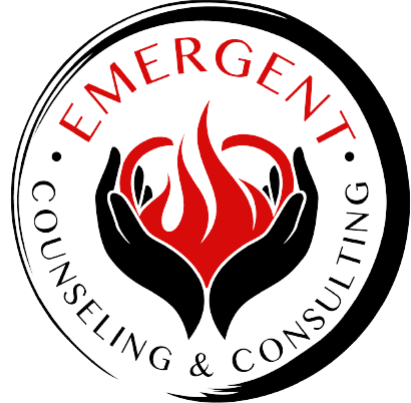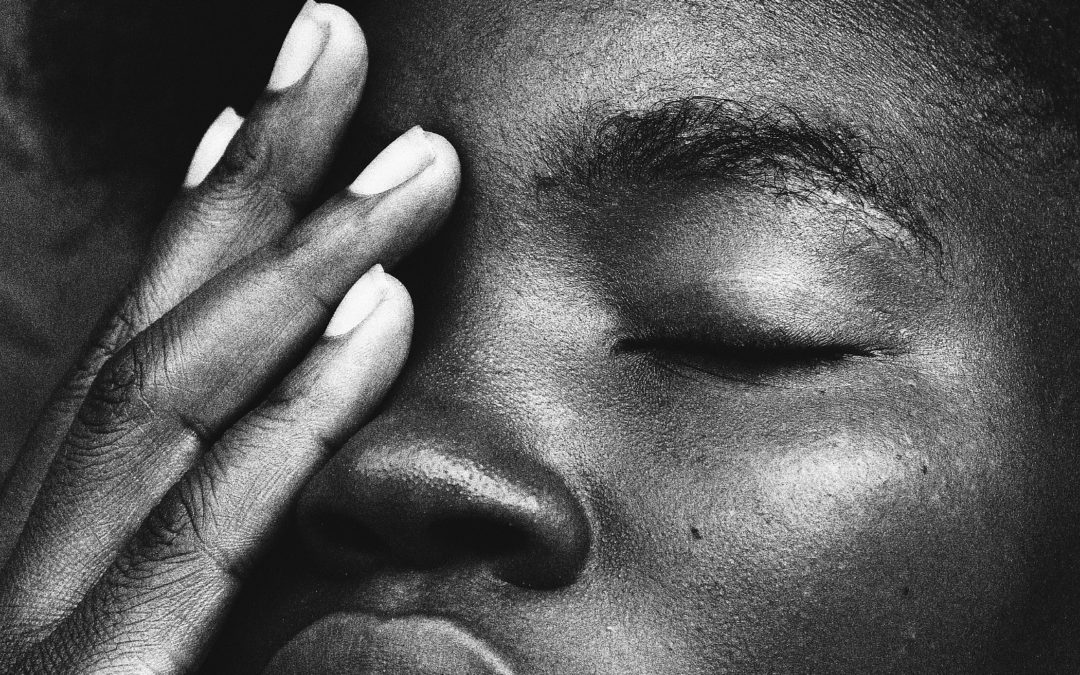Seasonal Depression
The onset of the fall and winter months brings with it a lot of excitement. Everyone readily anticipates the arrival of Thanksgiving and Christmas, but there is also something else that can come with these events – seasonal affective disorder. Seasonal Affective Disorder (SAD) is a type of depression that appears in some people annually and is caused by the changing of the season or the anniversary of tragic or otherwise significant event; while some people can experience seasonal affective disorder in the spring and summer months, it usually starts in autumn and lasts throughout winter for most people.
In the days leading up to Christmas, everyone is scrambling to get last minutes gifts for their family and friends; it’s a time of year filled with joy. However, for some people the holiday season evokes feeling of sadness and despair. Just two days before Christmas, an 8-year-old girl was waiting up for her mother to come home; she knew that her mom was out buying Christmas presents and was so excited. The next day she found out that her mother had been in a terrible accident and all the gifts she bought were stolen. For years afterwards, the girl would feel sad around Christmastime and she had no explanation for this feeling; she wondered why she always felt so sad at a time that was supposed to be joyous. This a case of seasonal depression.
How do you know if you are suffering from Seasonal Affective Disorder?
The symptoms of seasonal affective disorder are similar to those of traditional depression. These symptoms include lack of energy, changes in eating habits (over eating or under eating), loss of interest, changes in sleeping patterns, sluggishness, irritability, difficulty concentrating, and persistent feelings of sadness. The shorter days can affect your biological clock causing disruptions in your sleeping pattern. The end of daylight savings brings shorter days and longer nights; this change along with the colder weather are some of the major factors that contribute to SAD. People who already have a history of depression are also at a higher risk for seasonal affective disorder. The change in season can increase feelings of depression. The anniversary of a tragic event in your life can also trigger a form of seasonal depression and leave you feeling alone and sad while you’re surrounded by all your friends and family.
What can be done about this?
Seasonal affective disorder is treatable with the help of a mental health professional. This requires a thorough evaluation, and treatment for SAD may include light therapy in additional to talk therapy. Creating more light in your environment can be effective in treating your seasonal depression. You can also incorporate more exercise and outdoor time if your depression is caused by the change in season. If your seasonal depression is cause by the anniversary of a significant event in your life, seeking the help of a therapist can help you manage your symptoms when this time of year comes around again.
Do you suffer from seasonal depression? Contact us for help.
We’re glad you found us, thank you for stopping by!
We would love to answer your questions! Simply fill out the contact form below and we will be in touch with you soon.
We’re looking forward to being your healing partner!
Looking for different healing services
At Emergent Counseling & Consulting LLC, services are person-centered, culturally sensitive, stigma-free, holistic and strengths-based.
Our services are tailored to meet your needs and help you develop the skills needed to get rid of anxiety and depression, and enhance your quality of life. Our methods are non-invasive, short-term evidenced-based techniques such as Brainspotting, and Emotional Freedom Technique (EFT Tapping), which simple and focused on reducing the intensity of distress associated with anxiety and depression.

